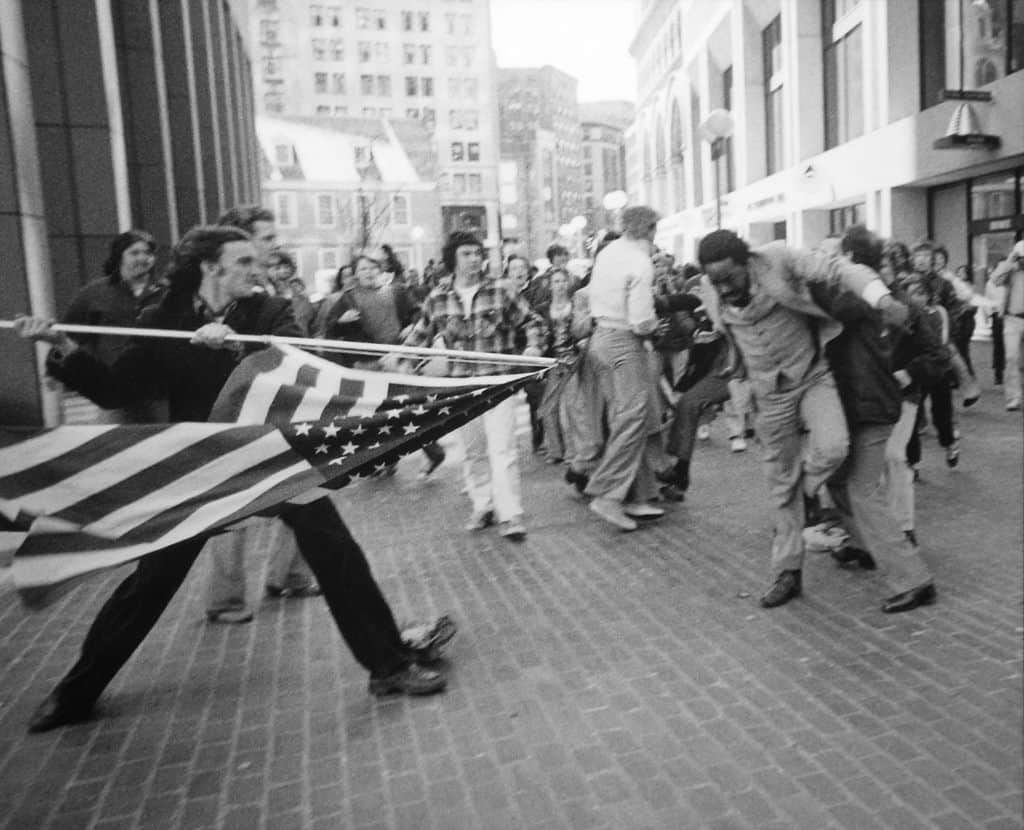“…that your Cross may transform our hardened hearts into hearts of flesh…”
-Pope Francis at the Good Friday Via Crucis, Friday, April 14, 2017
There is a wide-spread love for the Black community in America. No, seriously, I’m not kidding. America must love it some Black people. It voted for a Black guy (twice)! A Black neurosurgeon is the head of HUD. Everyone who is cool seems to love Jazz music. And even the “Pharma-bro,” Martin Shkreli, despite all the trouble he’s facing, can’t bear to part with his $2 million collector Wu Tang Clan album.
So, with the above and much else “celebrated” in America, where does the disconnect that gives us police brutality, unequal schooling, and other problems for Black America come from? With all this love for Black people in America’s heart, where’s the breakdown happening?
A heart “in love” or just “in like”?
Perhaps then it’s “love” that’s the wrong word for America’s general relationship to the Black people living here. Black people are accepted – perhaps more accurately, tolerated – but typically only as is comfortable or when they’re useful. In other words, when they “know their place.” This superficial appreciation of Black people, or things related to Black culture, is symptomatic of a heart “in like” rather than “in love”. Despite some instances of what might be called convenient affection, real life is far more complicated in our country. Some stories of what passes as “love” for Black America demonstrate this:
- There’s the person who believes him/herself a loving ally for raging against the racism (etc.) of our President, without reflecting on their own complicity.
- Or there’s the parish council with no Black members unilaterally deciding to sing songs from the “Negro Spiritual” section of the hymnal for Black History Month (before getting down to the real business of the service).
- Also, people of color in many American jobs or schools routinely hounded – I mean, sought out – to be in pictures for brochures celebrating “diversity.”
Such stories reveal the glaring disconnect between the lived reality and fanciful wishes. Of course there exists some goodness in all of these, but as the saying goes, “the road to hell is paved with good intentions.”
And it’s no wonder things like this happen so often. It’s easier for America to stay here rather than pursue the ideal of Christian love with the Black community. That’s because such a love means going beyond fuzzy feelings, the commodification of the “other,” or selfishly feeding one’s need for affirmation by proclaiming “I’m doing a good job” or “at least I’m better than most.” It’s a love that usually requires hard work.
The opposite of love is fear
A hardened heart can’t do the work of love and one of the best ways to harden a heart is through fear.
In today’s Good Friday readings, Peter and Judas show how this can play out after they turned their backs on the Savior they thought they loved. Judas flees Jesus, despises himself, and is too scared to go back. Perhaps he gets caught in a spiral of denial, trying to convince himself that he was in the right. Yet, something won’t stop nagging at him so he steels himself and tries to go it alone only to succumb under the strain of his sins when he can take it no more.
Peter on the other hand – also scared, upset, and ashamed about denying his best friend (in exactly the way it was predicted, by the way) – hits rock bottom too when he’s face to face with his failure. He’s on the verge of despair, but something happens. He catches Jesus’ gaze. Through what can only be described as a miracle, Peter finds the beginning of healing, redemption and resurrection exactly as he is.
In that moment, Jesus isn’t communicating to Peter “don’t worry, I forgive you, it wasn’t that bad, let’s forget it and move on,” but rather, “of course I forgive you, because I love you. We still have work to do, but it can’t be your way.”
These seem to be the two choices for all of us, as we, though sinners, try to work for the Kingdom. Sadly however, America usually opts for the Judas option and continues to harden its heart in pursuit of some false love.
How does a heart remain stone?
America remains segregated today. Because of that, authentic interactions with real people are prevented and narratives of others are spun in the abstract. For example, American news coverage over-represents Black and Latino people as crime perpetrators. Try to conceptualize the effect of watching such biased news every night as one’s main source of information on our communities. Can we then really expect love over fear of everything Black (or Brown)? And doesn’t that fear readily become hate?
To further avoid the discomfort of facing what actually is head on, post-racial film and television add to the mix by encouraging America to believe it’s doing pretty well, all things considered. That’s why in our schools, history is regularly co-opted to make it “nice,” or at least nice for certain groups. As we continue to mis-educate our children – for example, implying that Civil Rights (though important) fixed everything (also, Malcolm X was really mean) – this fake view of the American reality is reinforced for future generations.
By not accepting things as they are, our country often believes that at least its efforts are above average or that its sins are altogether not there. Many times, and when it’s advantageous, we are willing to do what we need to in order to correct ourselves or “love the ‘other’,” but, as a young woman once frustratingly (and rightly) put it to me, “you can’t admit privilege only on your own terms.”
How can such a heart change?
For authentic change, we must begin by throwing away those enticing lies that says things for Black America are going well, because they aren’t. Also, we must accept, rather than ignore, imperfection so that we may learn to do better; and in all this, always humbly asking from God and/or others for help in that necessary self-reflection.
And that’s tough. Ask Peter, Judas, or most Americans who’ve been raised to believe that mistakes are better avoided rather than addressed, you can do it all by yourself, and that asking for forgiveness, whether from God or others, is a sign of weakness.
If this change does ever happen, of course there will be mistakes. Yet this seems to be the only way to address those systemic problems that can feel like they’ll never go away. Fortunately, Jesus never used perfect people to do His work. He instead continues the invitation to trade in hearts of stone for real ones. And that’s a beautiful thing because the vulnerability and messiness of a resurrected heart of flesh will always be better than canned and fleeting political correctness of a dying heart of stone.
***
Image courtesy FlickrCC user Cliff.


